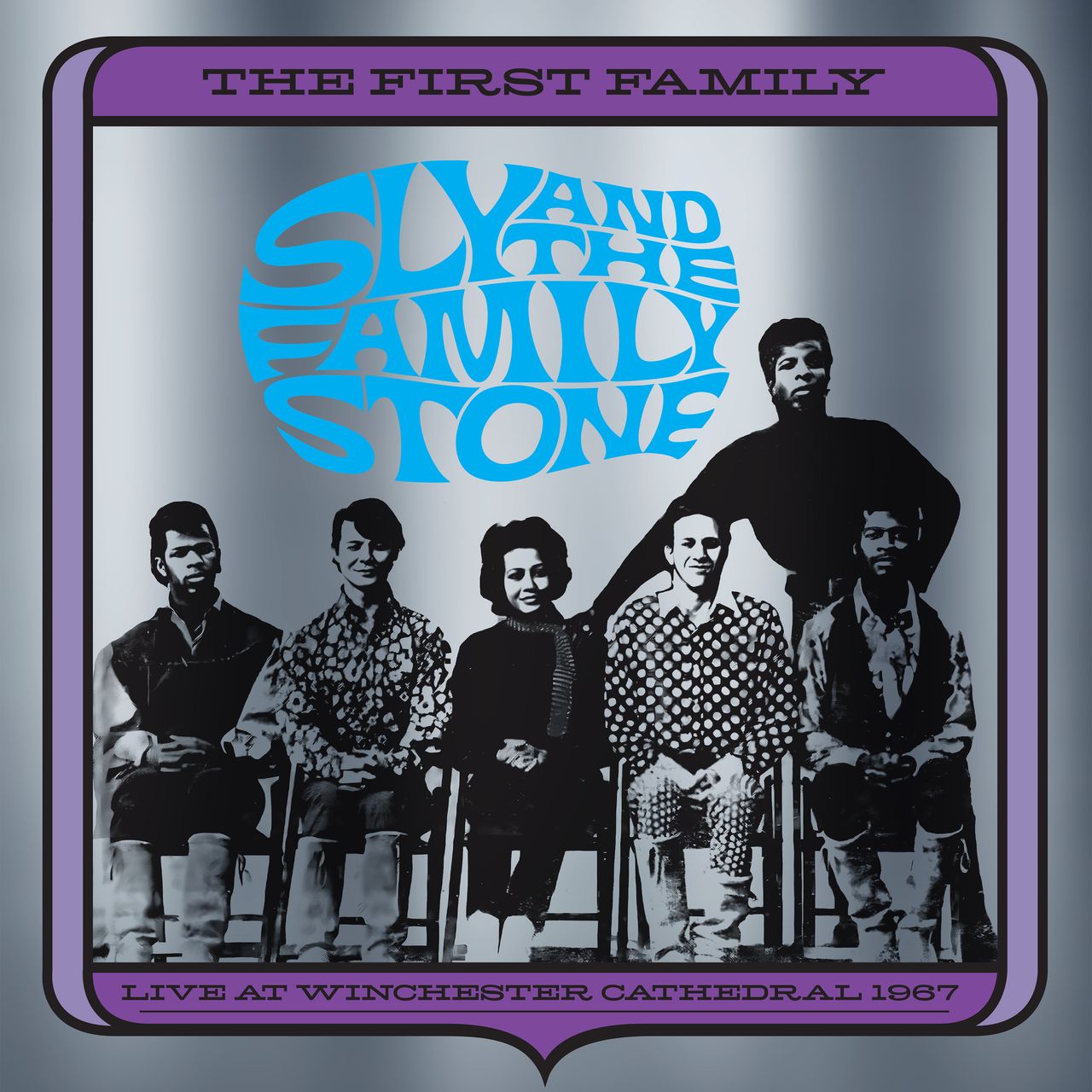The First Family: Live at the Winchester Cathedral 1967 shows Sly and the Family Stone as a killer soul band on the cusp of developing the pungently progressive style that would make them one of the most vital acts of the hippie era. This is the band that debuted with 1967’s A Whole New Thing—stylistically tricky enough that it’s clear why Epic Records got dollar signs in their eyes during the Bay Area’s psychedelic ’60s, but not quite the laboratory of genius the group would become on the following year’s Dance to the Music. Taped seven months before the release of A Whole New Thing, the live recording features just one original, opener “I Ain’t Got Nobody (For Real),” which would show up on Dance to the Music. The rest are contemporary soul covers the audience might’ve recognized, some of them very fresh to the charts at the time.
The stakes are high for this release: This is the first archival Sly release following his death in June at the age of 82. These recordings have been cherished by fans ever since the tapes began floating around in 2002, and snippets showed up in Questlove’s Sly Lives! (aka the Burden of Black Genius) documentary from earlier this year, but anyone hoping for a revelatory postmortem opening of the floodgates should adjust their expectations.
Better to understand The First Family in the context of what High Moon Recordings has been doing for quite some time—unearthing high-quality rarities from the hippie era, most auspiciously Love’s lost ’70s album Black Beauty. The First Family comes with a lovely booklet that reveals much about the Family Stone’s pre-Dance to the Music early days, opening with the disclaimer that “the story of the Winchester Tapes does not concern the creative spurt that came once Sly & the Family Stone ascended the charts and crossed over into the consciousness of music fans the world over.”
But the audience can’t see into the future, and at a show like this—and at a time when popular music was only just starting to be taken seriously as high art—the audience is ultimately what matters. “In church, this goes on,” Sly says in one of the interviews included with the booklet. “If you’re talking about something and people will feel it, then boom, everybody claps right on time, it’s unbelievable.”
The Stone (né Stewart) family belonged to the Church of God in Christ, a Pentecostal denomination whose influence on Christian music has been incalculable. Artists with COGIC roots include Sister Rosetta Tharpe, CCM legend Andraé Crouch, and the Winans gospel dynasty. Sly and his siblings Freddie, Rose, and Vet grew up singing in church, and so strong was the link between the church and Black pop that even secular performers at the time were said to be “holding church” during performances.
